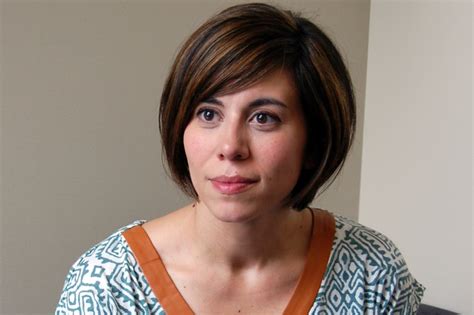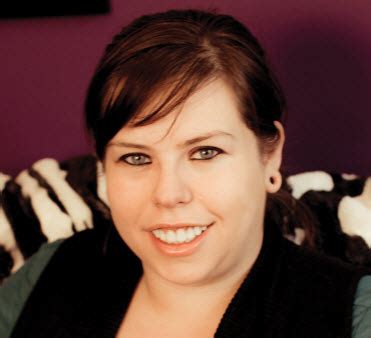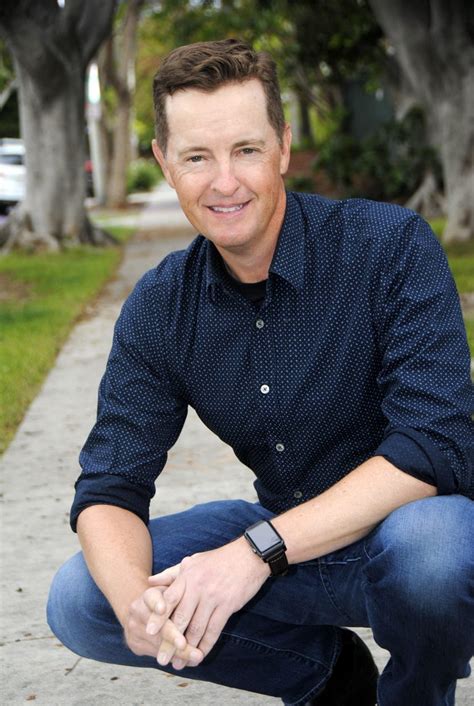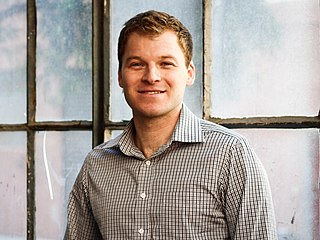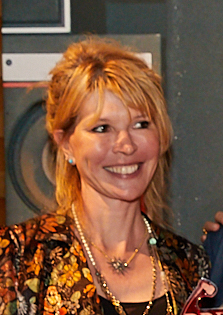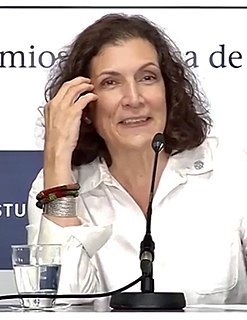A Quote by Umberto Eco
It is a myth of publishers that people want to read easy things.
Quote Topics
Related Quotes
John Calvin's theology emphasizes the sanctity of conscience, the sanctity of companionate marriage, and the obligation of those in power to attend to the well-being of the people in general, especially the poor. Interestingly, for the interpretation of Hamlet, for example, he forbids even the thought of revenge. This is not the Calvin of myth, but when the Elizabethans read him there was no such myth, nor would there be now, if he were read.
I make my share of mistakes, but one I never make is to underestimate the power of things. People imbued from childhood with the myth of the primacy of feeling seldom like to admit they really want things as much as they might want love, but my career has convinced me that plenty of them do. And some want things a lot worse than they want love.
Write what you want to read. So many people think they need to write a particular kind of book, or imitate a successful style, in order to be published. I've known people who felt they had to model their book on existing blockbusters, or write in a genre that's supposed to be "hot right now" in order to get agents and publishers interested. But if you're writing in a genre you don't like, or modeling yourself on a book you don't respect, it'll show through. You're your first, most important reader, so write the book that reader really wants to read.
But the myth of power is, of course, a very powerful myth, and probably most people in this world more or less believe in it. It is a myth, which, if everybody believes in it, becomes to that extent self-validating. But it is still epistemological lunacy and leads inevitably to various sorts of disaster.








